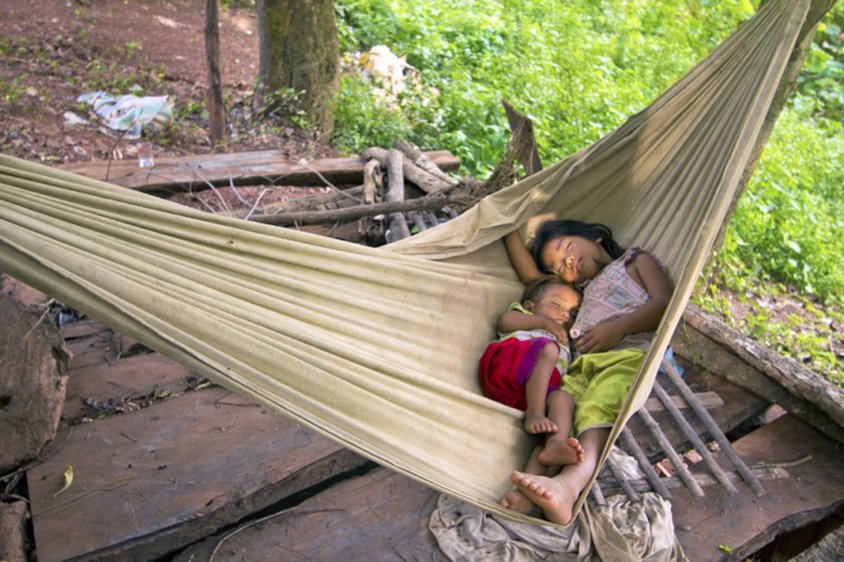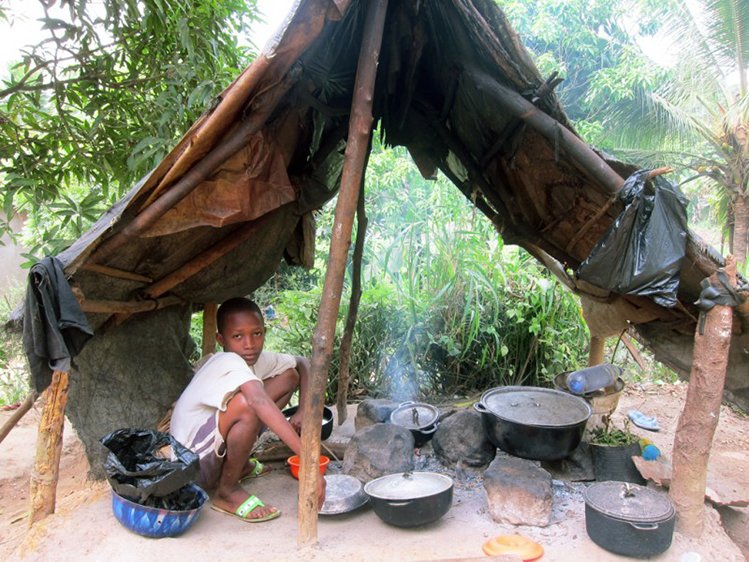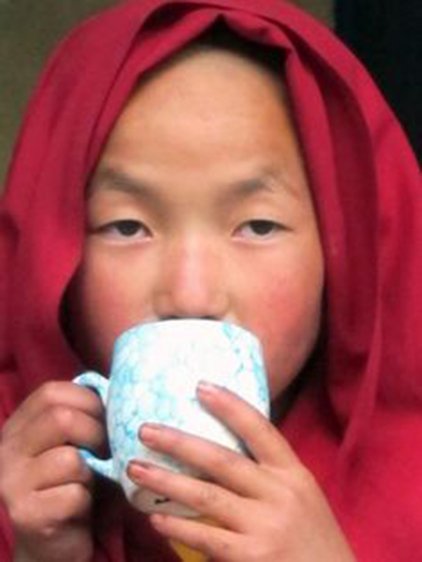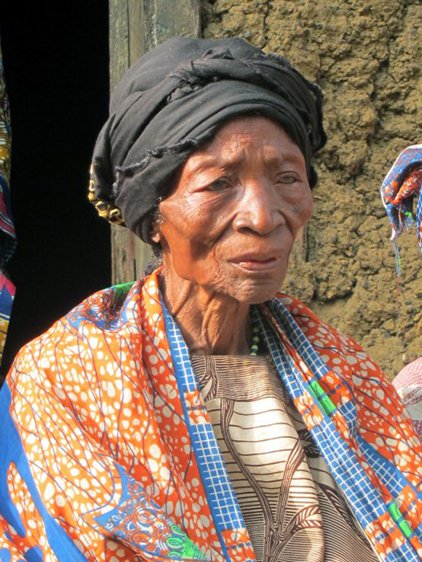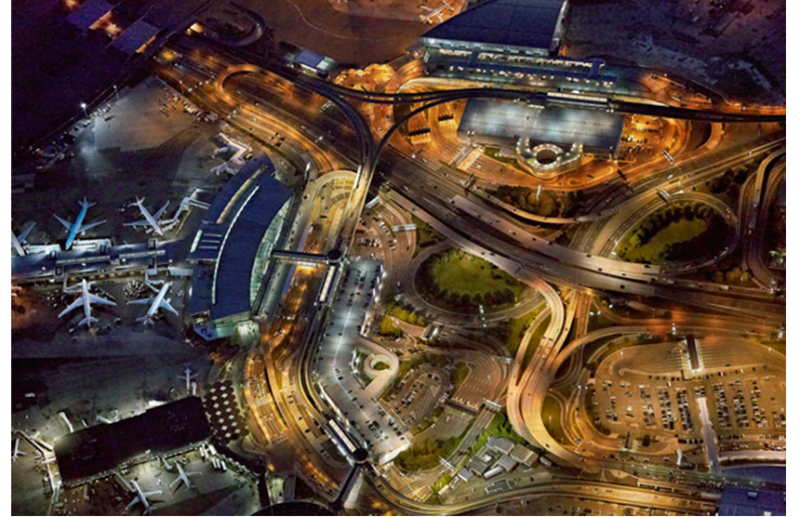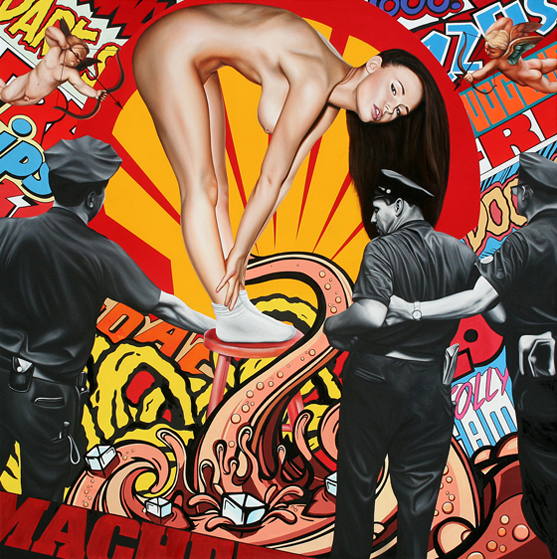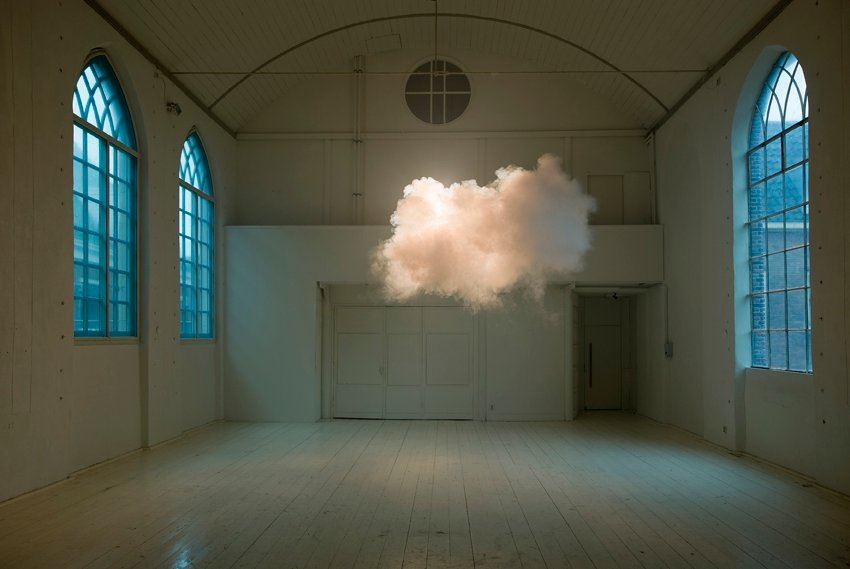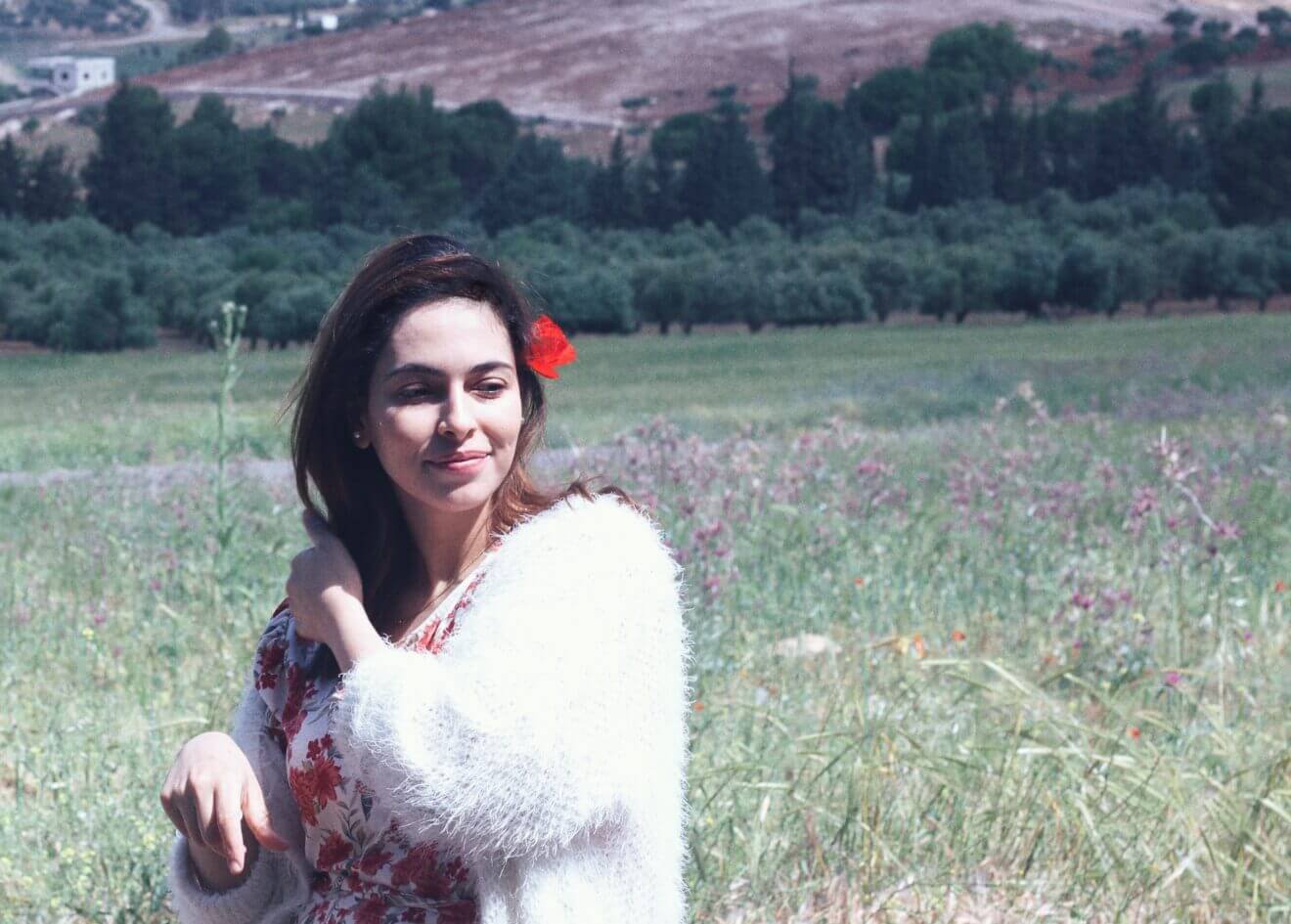U.S.A. –
Christine Maxfield is an international travel writer and photojournalist who quit her job as a magazine editor in New York to volunteer around the world in 2011. Now that she’s back in the States, she’s working on a book about her adventures, and speaking as a travel expert at events and universities around the country, as well as inspiring other women to travel solo to experience the same self-empowerment that she felt while on the road.

Some Tibetan Buddhist nuns saying goodbye to Christine Maxfield as she leaves the monastery in Bigu, Nepal
Emaho : You are an international travel writer and photojournalist. How did this career choice come about?
I first caught the travel bug when I visited Europe with my family at the age of ten. We toured nine countries in six weeks, and it was such a chaotic and exciting time for me, that those memories became the foundation for my adventure-seeking ever since. After that, whenever I’d visit my grandparents on summer vacation, I’d pour over my grandfather’s National Geographics in the basement and made a vow to myself that I’d someday write and photograph the same exotic locations that I saw in those magazines.

Some Roma (gypsy) girls performing a traditional dance in colorful costumes near Sibiu, Romania
Emaho : Your work focuses on human rights and the environment. How have you contributed to these causes?
There’s nothing wrong with travelling for the simple sake of travelling, but whenever I get out on the road, it’s typically to work on humanitarian or sustainable projects. For instance, my round-the-world trip in 2011 was devoted entirely to helping people or animals. This led me to work with the sick or marginalized locals in Sierra Leone, Kenya, Nepal, Cambodia, Australia, and Romania; at-risk animals in Guatemala; and organic agricultural projects in India and Austria. Now that I’m back in the States, I’m working on founding a charity to support women who have been victims of acid-burning or facial mutilation.

An orphan boy making a meal in his kitchen in Kenema, Sierra Leone
Emaho : You have worked as an editor of many famous magazines such as Arthur Frommer’s Budget Travel, Philadelphia Magazine and Men’s Health, and have also contributed to magazines such as Women’s Health, New England Travel & Life, Boston Magazine, Concierge etc. Share with us some of your experiences as an editor.
My proudest moment as an editor happened at Men’s Health, where I pitched and managed an article written by Rick Hoyt in honor of his father. Rick is a non-speaking quadriplegic who’s able to participate in marathons and triathlons like the Boston Marathon and Ironman because his father, Dick, pushes him in a racing wheelchair or chair connected to his bike, and pulls him in a raft during the swimming portion of the race. In the past, publications had only interviewed Rick’s father because of obvious reasons. I was the only editor to reach out to Rick himself, to hear his story from his unique perspective. He narrated his experiences to me by painstakingly typing out the article on a modified computer with a special contraption connected to his head. From then on, I knew that I only wanted to use my writing for good.

One of the blind villagers that Christine Maxfield supported while living in a chiefdom near Kenema, Sierra Leone
Emaho : You have seen more than half of the United States and about three dozen countries worldwide. Which one was your most memorable trip and why?
There’s just something about Nepal that tugs on my heartstrings. The spirituality, friendliness of the people, and the breathtaking landscapes make me want to revisit that country over and over again…

A young Tibetan Buddhist nun sipping the national drink of yak-butter tea in Bigu, Nepal
Emaho : As your blog says, you are a magnet for “hilarious predicaments and unlikely adventures.” Which has been your craziest adventure till date?
[Laughs] Oh, there are too many to count! But the moment that sticks out most in my mind was when I accidentally tried to cross the border from Jordan to Israel while carrying a knife on me. The Israeli police were not amused, to say the least! It was definitely a long night…

Adorable siblings taking a nap outside of Battambang, Cambodia
Emaho : You enjoy adventure sports like scuba diving, rock climbing, snowboarding, kayaking etc. Which is the ultimate adventure sport that you have on your bucket list and why?
I still need to trek to the Everest Base Camp by yak caravan. In fact, now that I’m telling you this, I guess that means I’m committed! I’ll have to check this dream off my bucket list now…

Taking a break on a dusty bull-catcher truck in the Outback of the Northern Territory, Australia
Emaho : What is your travel philosophy? Also, you are against taking press trips, media discounts or free travel gear as gifts for travel reviews. Tell us about that.
I love to travel alone and live with locals whenever possible. I know that this idea sometimes shocks people because I’m a woman and I tend to visit poorer developing countries, but I want to stress how safe the world really is if you’re smart about it. Plus, I find that when I’m on the road by myself, I reach out to locals more, I open my eyes a little wider, and I live a little fuller. It’s a completely different experience than when I travel with friends or family, and it’s really self-empowering. I’d recommend that every woman travel like this at least once in their lifetime to see what I mean.
And personally, I’ve never taken any press trips or freebies myself, but I’m not condemning any journalist who does, because I understand the predicament that they’re currently in. Unfortunately the media is overworked and underpaid right now, which is obviously not a sustainable business model. Some things will need to change in this industry, and it’ll be interesting to see where it’s all headed.

A vendor selling traditional wares in the ancient medina of Marrakech, Morocco
Emaho : You undertook a round-the-world journey from January 1, 2011 to January 1, 2012 as part of a work-exchange programme. Tell us about this new concept of work-exchange.
Work-exchange is a bit like volunteering, but instead of paying with money for the opportunity to help on projects abroad, you’re paying with your work. And hard work it is! But I haven’t found any other way to live so authentically abroad. Work exchange allows you to live like a local in a host’s own home, eat the same food they do, and try the same trade that they survive on. It may be a bit tiring at the end of the day, but it’s a good tired because you know that you made a difference.

Christine Maxfield working with local organic farmer Vinod Niranjan at an ashram in Chhatarpur, India
Emaho : How was your experience adopting this new concept and what kind of work did you take up as part of this programme?
It was actually quite challenging, but highly rewarding. If I was feeling sick one day, I couldn’t necessarily sleep in because my day’s food and lodging depended on helping out. But I liked knowing that I was providing an extra set of hands to those in need around the world, and I could definitely see the contributions I made. I taught English to HIV/Aids orphans in Kenya and Tibetan Buddhist nuns in Nepal; I worked on a black-pearl farm in French Polynesia and an aboriginal cattle ranch in Australia; I taught music to orphans in Cambodia and Roma (gypsy) children in Romania; I was a shaman’s apprentice in Peru and saved baby sea turtles in Guatemala, and much more. I wouldn’t have traded these experiences for anything in the world. Really, my hosts gave me the world!

Some local students that Christine Maxfield taught English to in Kisumu, Kenya
Emaho : Do you have any incredulous moment/anecdote as part of your year-long journey that you’d like to share with us?
I believe that whenever you put yourself out there in the world, the most serendipitous things can happen. That’s how I met President Obama’s grandmother in Kenya! I found myself living in a tiny village not far from hers, so after receving security clearance, I was able to have a casual conversation with Obama’s granny at her house while chickens and turkeys ran around us and children played in the background. These are the magical moments that you open yourself up to as soon as you put your first foot on the road.

A lucky sighting of a sloth bear in Chitwan National Park, Nepal
Art & Culture Interview by Sanchita Jain
Photographed by Christine Maxfield
